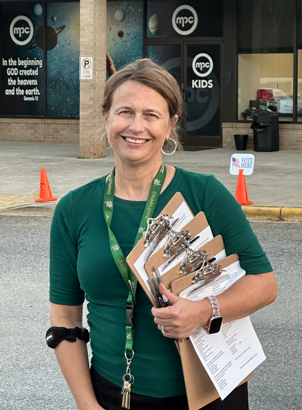
I’m a Core Faculty member in Charlotte’s Interdisciplinary Public Policy Program
I study Election Science (election conduct and administration), Voting Behavior, and Public Opinion.
Steering Committee Member, Commission on the Future of North Carolina Elections
Kropf Vitae (December 2024)
Social Media:
Click here to order my new book
Summary
The cost of administering elections is an importantly understudied area in election science. This book reports election costs in 48 out of 50 states. It discusses the challenges and opportunities of collecting local election costs. The book then presents the wide variation in cost across the country with the lowest spending states spending a little over $2 per voter and the highest spending almost $20 per voter. The amounts being spent in the state are also examined over the election time period of 2008 – 2016. Economic events like the Great Recession had predictable effects on lowering spending on elections but the patterns are not the same across the different regions of the country. The relationship between spending and election administration outcomes is also explored and finds that the voters’ confidence and perceptions of fraud in elections is associated with the amount spent on election administration.
Important Election Involvement
Strengthening Election Infrastructure
Hey Scholars: Election Science Syllabi
Read about Election Science:
UNC Charlotte: Election Science Research & Administration Conference, July 27-29, 2022
The 2022 Meeting at UNC Charlotte
Virtual: Election Science Reform & Administration Conference, July 19-21, 2021
*****
Books:

Institutions and the Right to Vote in America. 2016. Palgrave.

Helping America Vote: The Limits of Election Reform, 2012, Routledge (with David C. Kimball).

Courses Taught
- Introduction to American Politics
- Voting and Elections
- Public Opinion
- Service Learning: Analyzing Elections with Exit Polls
- Political Science Research Methods
- Public Policy Process (Ph.D. Level)
- Research Design for Public Policy (Ph.D. Level)
Technical Appendices for “Won’t You Be My Neighbor? Norms of Cooperation, Public Broadcasting and the Collective Action Problem” in Social Science Quarterly, September 2009
